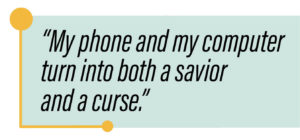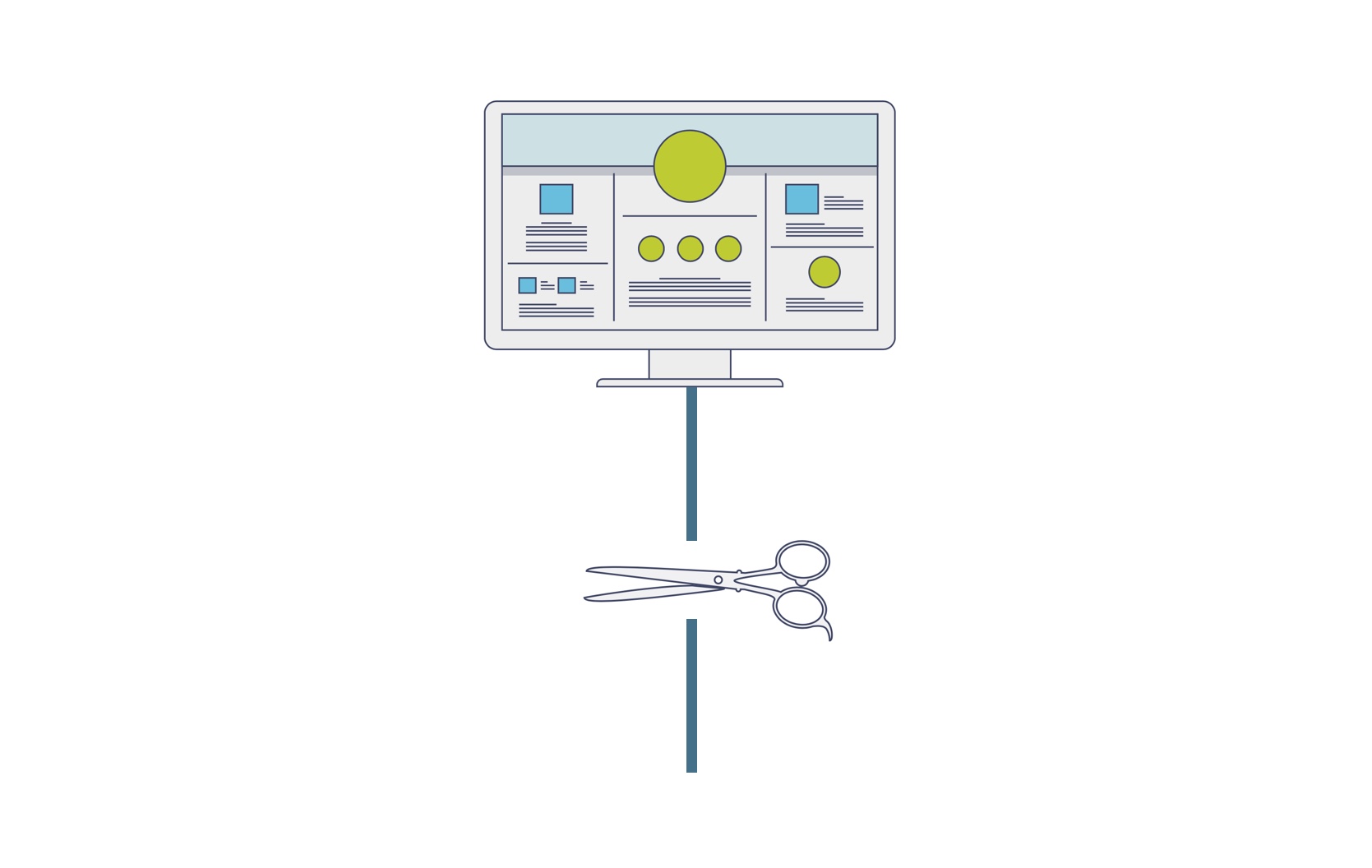Tech workers dish on managing stress
By Dwain Hebda
Of all the things he loves about his job, the hustle might be Josh Whitehurst’s drug of choice. “I like aggressive deadlines,” says Whitehurst, product analyst for North Little Rock-based First Orion. “I’ve noticed that personality trait in most of my coworkers, too. They operate well with a lot going on.”
For people like Whitehurst, it doesn’t get any better than when he’s feeding the dragon of a demanding professional life. Even as coronavirus has sequestered many to their homes, technology has allowed tech workers to produce almost without missing a step. And that connectivity, like all enablers, is the problem when it comes to stress and burnout.
“Being a technology company, there are very few places in the world I can go to escape my work,” he said. “A stressor for me is always being connected. I love what I do. I love who I work with. But that in no way, shape, or form means I want to hear from that side of my life 24/7.
“It’s a weird dichotomy that I’m stuck in right now. My phone and my computer turn into both a savior and a curse, at the same time.”
IN THE ARENA of public perception, some industries walk hand firmly in hand with long hours, compulsive work habits, and nearly superhuman demands. The tech industry is near the top of that list and with good reason; last year Blind, a workplace app for tech employees, posed a one-question survey to their users, which include more than 100,000 employees from Microsoft, Amazon, Google, Uber, and Facebook alone. That question: “Are you currently experiencing burnout?” Nearly six in 10 responded, “Yes.”
This isn’t a surprise in an industry where the culture of top-tier companies is built on 100- hour workweeks and lavish corporate campus- es replace many comforts of the outside world, giving workers less motivation to go home. Former Yahoo CEO Marissa Mayer said as much in a 2016 interview about her time at Google. “When reporters write about Google, they write about it as if [hard work] was inevitable,” Mayer said. “The actual experience was more like, ‘Could you work 130 hours in a week?’ The answer is ‘yes’ if you’re strategic about when you sleep, when you shower, and how often you go to the bathroom.”
While acknowledging such examples as extreme, Whitehurst says that workaholism is to some degree endemic throughout the tech industry. “The nature of the technical world, as a whole, is technology is moving so fast, it is everything that we can do as people to keep up with it. If I were to show you what I was working on this week, it would look entirely differ- ent next week. But the magnitude of the work being done would not change.”
Joe Ehrhardt, CEO of Teslar Software in Springdale, says that while individual companies can’t change everything about such a marketplace, they can support a culture that recognizes the needs of the individual while meeting the demands of the project.
“Anytime I hire people, we talk about quality of life,” he says. “I say we’re busy, we’re going to work pretty hard, but I don’t ever expect you to miss a kid’s track meet, play, any of that. We’ll schedule anything and everything around that. Those are events that you’ll never get back.
“I tell people one of the cool things about working for a tech startup is I might need you to work until midnight tonight, but tomorrow you might want to take the day off and go fishing with your kids. Now I will tell you, if you talk to my team members right now, they would tell you the job is hard because of COVID. But I would be very sad if I ever heard of a team member who missed a major event because of work.”
 Ehrhardt also understands the nature of his employees such that he manages projects strategically to keep people motivated and not just running on a hamster wheel. “Tech people, and I’m one of them, love everything new. They like new projects,” he says. “So, one of the ways to prevent burnout is to make sure that you’re rotating yourself and other people to new and exciting things and not getting people stuck in a rut.
Ehrhardt also understands the nature of his employees such that he manages projects strategically to keep people motivated and not just running on a hamster wheel. “Tech people, and I’m one of them, love everything new. They like new projects,” he says. “So, one of the ways to prevent burnout is to make sure that you’re rotating yourself and other people to new and exciting things and not getting people stuck in a rut.
“But I think it’s not just one thing. You’ve got to have balance. You’ve got to have a good company culture. Your work has to feel like it has a purpose. People have to feel like they’re making a difference. And it’s got to have some excitement. When you’re working hard, if you don’t have those things, you’ll burn out real fast.”
Priorities Promote Balance
Over his tech career, Cabot native Chris Bidenbender has worked as a consultant, part of a startup, and in the corporate environment, all while being a single dad. We asked the software engineer with Simmons Bank how he keeps it all in balance.
SET BOUNDARIES: Too often, workers are afraid to speak up for what’s really important to them. Bidenbender staked out the one week per month his son lives with him as off-limits. “On my week, he gets out of school and I pick him up from daycare about 5:00 or 5:30. So from 5:00 to essentially 8:30, I’m not available,” he says. “I’m available if the end of the world happens, but otherwise I’m not going to answer my phone, not going to look at it.”
GIVE AND TAKE: At the same time, Bidenbender says there are ways to meet your employer halfway without letting it encroach on the time you’ve set aside as your own. “When my son goes to bed, I’m on again. If something needs to be worked on, I can stay up and work late if I need to,” he says. “Another thing, wherever I’ve been if we knew we were going to have a really rough weekend I immediately volunteered to work if I didn’t have my son. That counteracted the times I couldn’t work.”
DECIDE WHAT’S IMPORTANT: Periodically take inventory of what you really want in life. Understand some jobs may not be right for you and know your priorities will change over time. “It can be hard when you’re younger, you don’t make much money and you’re trying to establish yourself, or in the startup world where you’re running to make ends meet,” Bidenbender says. “At some point I realized I was pushing, pushing, pushing. You’ve just got to say, ‘Is money really the most important thing?’ It’s good, but it’s not the only thing.”
MAINTAIN YOUR VALUE: Toughing it out works in limited doses, but in the long-term, the outcome is predictable. Bidenbender says that understanding your limits not only helps you avoid burnout, but makes you a better employee overall.
“Taking a timeout for yourself is helpful. If you’re not mentally there, then you’re just going to fail at everything,” he says. “Everybody’s got something that drives them. I like building new things, hustling, that type of thing, but family is the most important thing I can think of. I’ve got to set time aside for that in order to be happy.”


